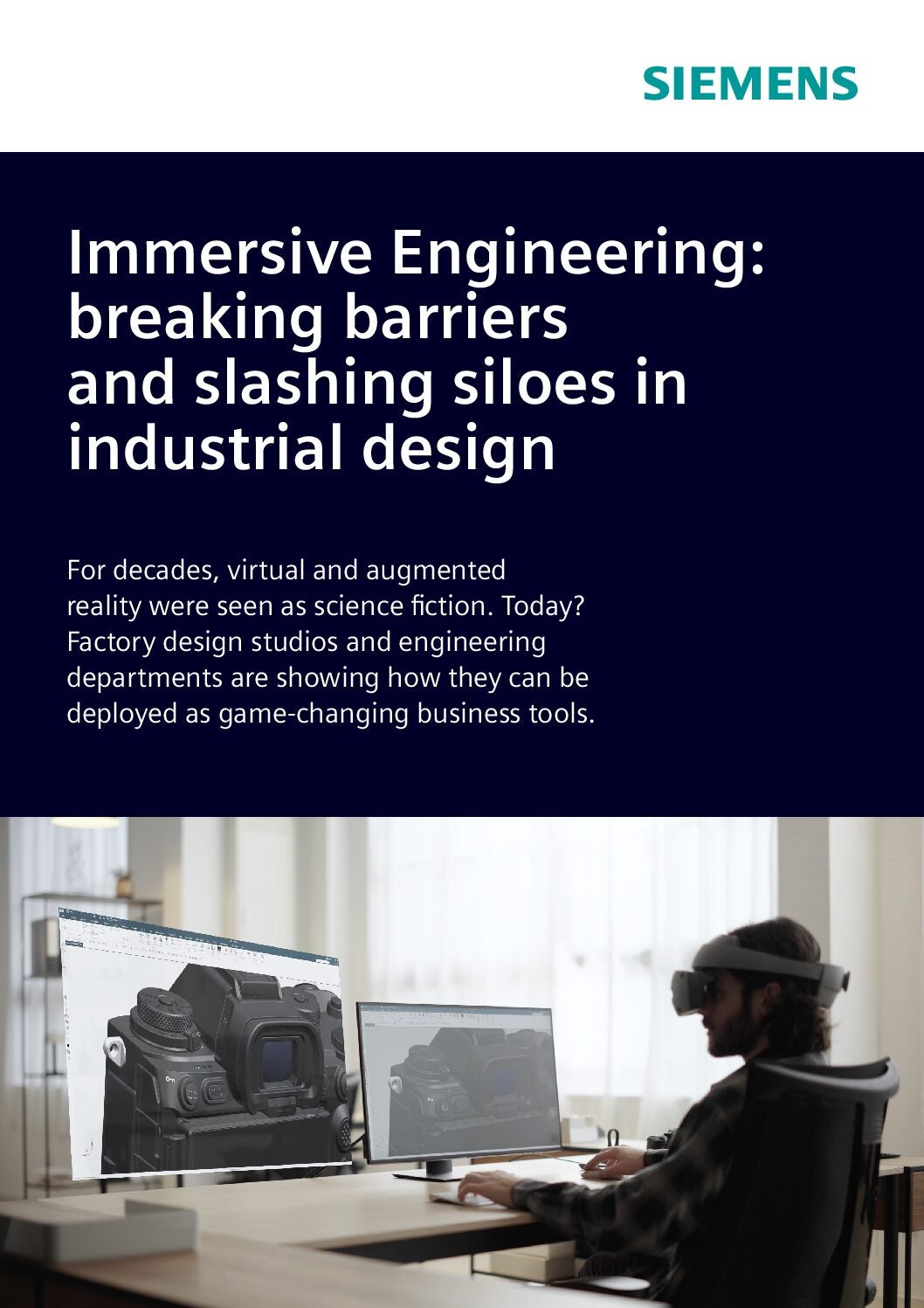Artificial intelligence (AI) impacts all aspects of the value chain. It supports computing capabilities in semiconductors, processes user data generated on devices, creates virtual worlds and avatars in software platforms, and allows content creation and interactivity within experiences, making the metaverse immersive and engaging. The importance of AI will grow as technologies such as augmented reality (AR) and virtual reality (VR) mature, more users sign up for the metaverse, and new use cases emerge.
AI is a vital tool for the metaverse
Integrating AI with the metaverse aims to establish a robust relationship between man and machine, where virtual environments gain intelligence to become more interactive. Deep learning, a subset of machine learning built using artificial neural networks that model how neurons in the human brain talk to each other, is one of the most popular investment themes in the metaverse. For example, VR headsets and AR smart glasses manufacturers are adopting eye tracking—a deep learning-powered functionality—as a logical prerequisite for breaking hardware barriers such as screen resolution and frame rates. The same technology is used to map physical environments and provide sentiment analysis, hand gesture tracking, and reinforced skills development for VR and AR.

US Tariffs are shifting - will you react or anticipate?
Don’t let policy changes catch you off guard. Stay proactive with real-time data and expert analysis.
By GlobalDataMeta is building a wrist-based device with electromyography (EMG), a non-invasive neural interface technique. EMG translates electrical motor nerve signals into digital commands. This means that users could potentially operate smart glasses by thinking about an action or gesture (e.g., moving a hand or finger to scroll down a webpage). The device will work in conjunction with Meta’s upcoming smart glasses. Such technologies could potentially make metaverse experiences immersive, intuitive, and realistic. The movement of human avatars and digital goods in virtual spaces will require a combination of several AI technologies.
Generative AI plays a pivotal role in the evolution of the metaverse
Generative AI will facilitate innovative experiences and enhance user engagement. For instance, generative AI can continuously generate virtual worlds within the metaverse and produce extensive and diverse landscapes, structures, and environments. Each virtual world will offer a distinct, immersive user experience, as generative AI can help in dynamically and continuously evolving content. Another application is the generation of personalised avatars and characters in the metaverse. AI can create realistic and diverse virtual beings, complete with customisable appearances, traits, and behaviours. Generative AI can also help produce realistic and contextually relevant content in domains such as text, image, video, and 3D objects.
Some generative AI applications in the metaverse include:
NVIDIA offers a range of applications to transform 2D images into 3D assets for virtual training. It generates new objects based on existing ones and provides new variations. Nvidia’s Avatar Creation Engine can provide conversational responses using automatic speech recognition (ASR) for high transcription accuracy in 14 languages. NeMo Guardrails adds programmable rules that assist in building accurate, appropriate, on-topic, and secure avatars.
Inworld operates in the non-playing characters space, and its developer toolkit defines in-game characters, including their personalities, motivations, and knowledge. The toolkit uses a large language model (for example, Open AI’s ChatGPT or Google‘s Bard) to simulate the character’s behaviour. Niantic used this toolkit in 8th Wall’s metaverse deployment platform, allowing developers to build a WebAR project for smartphones and mixed-reality headsets. Avatar tool Ready Player Me has a beta version of text-to-AI-generated clothing textures, while ROBLOX also uses generative AI in its cross-platform user-generated content development engine.
Integrating generative AI in the metaverse also includes several hurdles
AI-driven data quality, realism, content control, ethics, computational efficiency, and interoperability require further development. Enhanced data collection techniques, refined model architectures, and implementing content moderation systems are vital for generative AI-powered metaverses.










